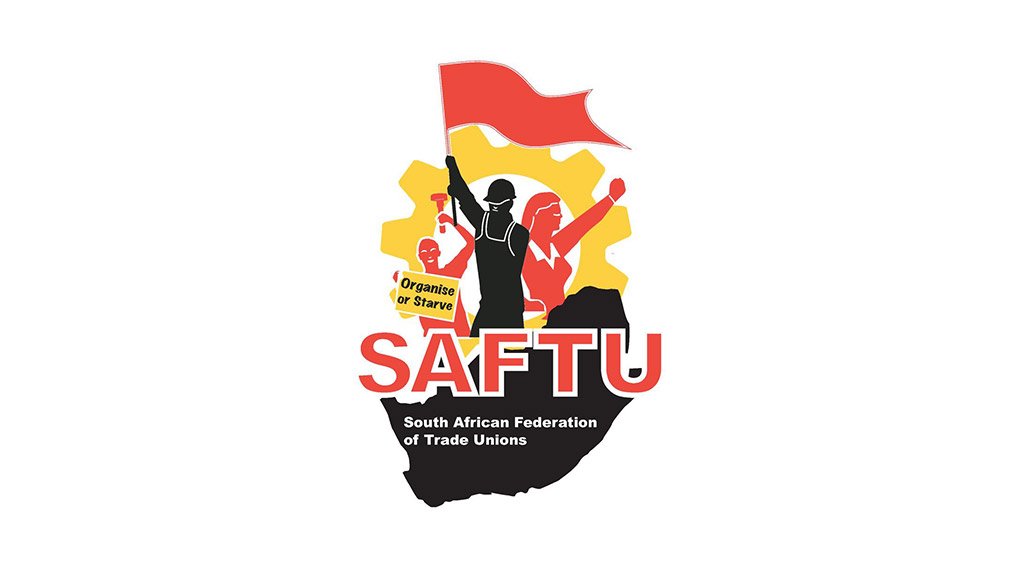/ MEDIA STATEMENT / The content on this page is not written by Polity.org.za, but is supplied by third parties. This content does not constitute news reporting by Polity.org.za.
The South African Federation of Trade Unions supports the national strike called by the Zimbabwe Congress of Trade Unions (ZCTU), after the government more than doubled fuel prices to one of the highest in the world.
SAFTU also sends a message of condolence to the families and friends of the six people who were shot dead during anti-government protests, and sends best wishes to the many more who were were injured when Zimbabwean security forces attacked protesters.
The Zimbabwe Association of Doctors for Human Rights said 13 people had sustained gunshot wounds in and around Harare on Monday and at least 200 people were arrested.
The streets of Harare were deserted after demonstrations at which public anger erupted over Zimbabwe's worsening economic crisis. Most shops remained closed and minibus taxis that usually transport workers from the suburbs to the city centre were not running.
In retaliation the government shut down cellphone networks and the internet was partially shut down, leaving the systems jammed and with severely limited access
The spark for the strike was the government’s increase in prices of petrol to $3.11 a litre from $1.34 and diesel to $3.21 a litre from $1.49.
The ZCTU condemned this insensitive and provocative increase by the president of Zimbabwe, and were joined by the Zimbabwe Revenue Authority and Allied Workers Trade Union (ZIMRATU) and the Zimbabwe Banks and Allied Workers Union (ZIBAWU), who have downed tools, saying their members are unable to report for duty due to incapacitation amid skyrocketing prices.
Zimbabwe doesn’t have enough foreign exchange to fund imports and pay workers, many of whom are refusing to accept salaries in electronic money or so-called bond notes because they trade at a discount to hard currency on the black market.
This foreign-exchange shortage has led to scarcities of everything from fuel to bread.
Doctors have already held a 40-day strike, for better pay and conditions and in protest at lack of drugs in hospitals. The Apex Council, which represents 16 public sector unions, has given the government the required two-week notice of industrial action and civil servants too will stop work within 14 days unless the government addresses the impact of inflation on their salaries and meets their demands.
The Confederation of Zimbabwe Industries said in a letter to government, that industries in Zimbabwe have been denied access to foreign currency since October and companies have been forced to source dollars illegally on the black market. “Industry is facing imminent collapse,” it said. “The house is burning.”
Just as in South Africa, workers and poor consumers are being forced to bear the cost of a crisis for which they are not at all responsible. In both countries the economic crisis is the result of failing to escape from the capitalist economy bequeathed by the former colonial and apartheid regimes.
Issued by SAFTU
EMAIL THIS ARTICLE SAVE THIS ARTICLE ARTICLE ENQUIRY
To subscribe email subscriptions@creamermedia.co.za or click here
To advertise email advertising@creamermedia.co.za or click here











